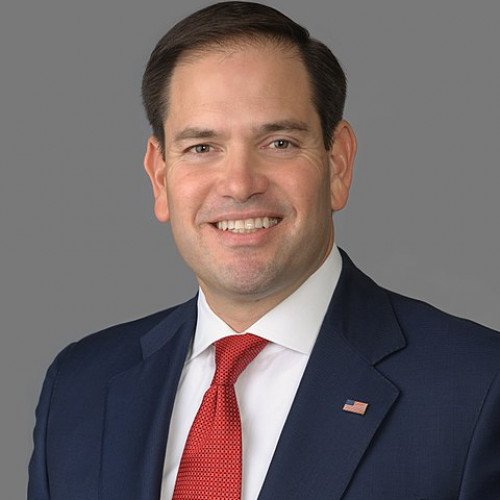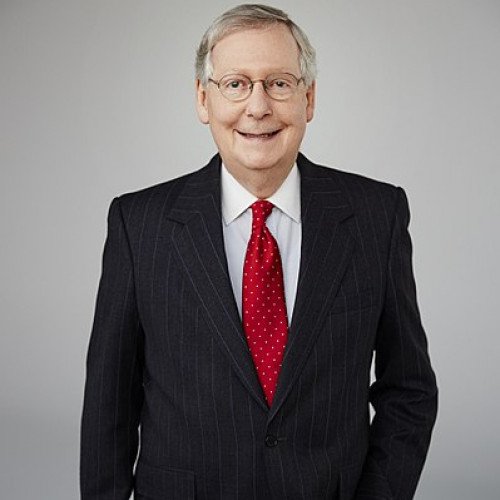Marco Rubio VS Mitch McConnell

Marco Rubio
Marco Antonio Rubio (born May 28, 1971) is an American politician serving as the senior United States senator from Florida. A Republican, he previously served as speaker of the Florida House of Representatives. Rubio unsuccessfully sought the Republican nomination for president of the United States in 2016, winning presidential primaries in the State of Minnesota, the District of Columbia, and the Commonwealth of Puerto Rico. Rubio is a Cuban American from Miami, Florida. After serving as a city commissioner for West Miami in the 1990s, he was elected to represent the 111th district in the Florida House of Representatives in 2000. Subsequently, he was elected speaker of the Florida House, and was Speaker for two years beginning in November 2006. Upon leaving the Florida legislature in 2008 due to term limits, Rubio taught at Florida International University. Rubio successfully ran for the United States Senate in 2010. In April 2015, he announced that he would not seek re-election to the Senate, instead choosing to run for president. He suspended his campaign for president on March 15, 2016, after losing the Florida Republican primary to the eventual winner of the presidential election, Donald Trump. He then decided to run for re-election to the Senate, winning a second term later that year. Due to his influence on U.S. policies in regard to Latin America he has been described as a "virtual secretary of state for Latin America."
Statistics for this Xoptio

Mitch McConnell
Addison Mitchell McConnell Jr. (born February 20, 1942) is an American politician serving as the Senate Minority Leader since January 20, 2021. A Republican, McConnell is currently serving as the senior United States senator from Kentucky, first elected in 1984. McConnell is the second Kentuckian to serve as a party leader in the Senate, the longest-serving U.S. senator for Kentucky in history, and the longest-serving leader of U.S. Senate Republicans in history. McConnell was first elected to the Senate in 1984. During the 1998 and 2000 election cycles, he was chairman of the National Republican Senatorial Committee. McConnell was elected as Majority Whip in the 108th Congress and was re-elected to the post in 2004. In November 2006, he was elected Senate minority leader; he held that post until 2015, when Republicans took control of the Senate and he became Senate majority leader. McConnell holds conservative political positions, although he was known as a pragmatist and a moderate Republican early in his political career. He led opposition to stricter campaign finance laws, culminating in the Supreme Court ruling Citizens United v. FEC that partially overturned the Bipartisan Campaign Reform Act (McCain-Feingold) in 2010. McConnell worked to withhold Republican support for major presidential initiatives during the Obama administration, having made frequent use of the filibuster, and blocked many of President Barack Obama's judicial nominees, including Supreme Court nominee Merrick Garland. During the Trump administration, Senate Republicans, under McConnell's leadership, broke a record for largest number of federal appeals court judges confirmed during a president's first two years; among those nominees were Neil Gorsuch, Brett Kavanaugh, and Amy Coney Barrett, all of whom were confirmed to the Supreme Court. After the 2020 United States Senate elections, McConnell returned to the position of minority leader, as the 50–50 tie in the Senate can be broken by Vice President Kamala Harris. In January 2021, McConnell indicated that he believes the second impeachment of former President Trump is justified due to his role in inciting the 2021 storming of the United States Capitol.